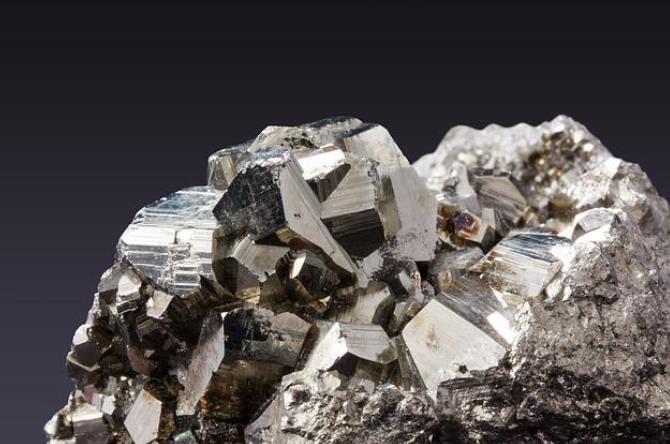
Selling mineral rights offers you financial stability and independence that most assets cannot generate. Since the gas and oil market is constantly changing, putting your mineral rights up for sale enables you to diversify your investment portfolio, which helps avoid uncertainty.
Selling your mineral rights simplifies estate planning and comes with favorable tax savings. It lets you turn your non-producing mineral rights that don’t generate royalty income into a fast, lump-sum cash payment. Understanding mineral rights before selling can help make the most out of their sale. Outlined below are four things to know when selling mineral rights.
-
Why you need a mineral rights broker
Selling mineral rights can be a daunting process that requires careful consideration. Selling them on your own, particularly if you lack experience, may result in potential buyers underselling you. Luckily, a mineral rights broker can help you sell your assets at a much higher price. The broker helps:
- Market your mineral rights: They put your assets in front of a significant number of prospective buyers, resulting in higher competition and offers
- Negotiate a sale: A mineral rights broker will push for you to get the best deals on your assets
- Collaborate with mineral appraisers: Mineral rights brokers collaborate with appraisers to establish your property’s worth before transacting
- Review legal documents: They analyze the documents related to mineral rights sale to ensure no print, no matter how insignificant, can affect you negatively
-
How to value your mineral rights
Knowing how to value mineral rights is key to making the most out of your sale. However, calculating the worth of your mineral rights accurately can be challenging because multiple elements influence their value. Mineral rights properties are different, which makes it hard to find an average cost per mineral rights acre.
While most mineral owners try to look for comparisons to understand if the offers they get to sell mineral rights are fair, doing so won’t get you the correct value. Existing offers are the best way to approximate the value of your mineral rights. Alternatively, you can reach out to an experienced mineral rights broker to help with the valuation.
-
Understand the red flags associated with selling mineral rights
If you aren’t familiar with the mineral rights selling process, scammers can take advantage of you. As such, it’s important to be aware of the red flags to look out for, including:
- Mineral rights company/ broker asking for money upfront: A legit mineral rights company or broker won’t ask for money unless they’ve completed their job
- Companies not being transparent about fees: Be wary of a mineral rights company refusing to disclose their fees in advance. Every reputable company will be open regarding their charges before they start working
- Not receiving fair value: It’s common for companies to give offers lower than your mineral rights’ true worth. To avoid this, get multiple offers and compare them to settle for the most favorable
-
Familiarize yourself with the tax implications of selling mineral rights
Selling mineral rights differs from earning a royalty, which means varying tax situations. The IRS doesn’t consider profits from a mineral rights sale as an income but a capital gain, which is taxed differently. Also, capital gain tax rates may vary depending on income level.
Endnote
Putting your mineral rights up for sale comes with multiple benefits. Knowing everything about these assets when selling them can help you maximize their sale.
Disclaimer: This content does not necessarily represent the views of IWB.